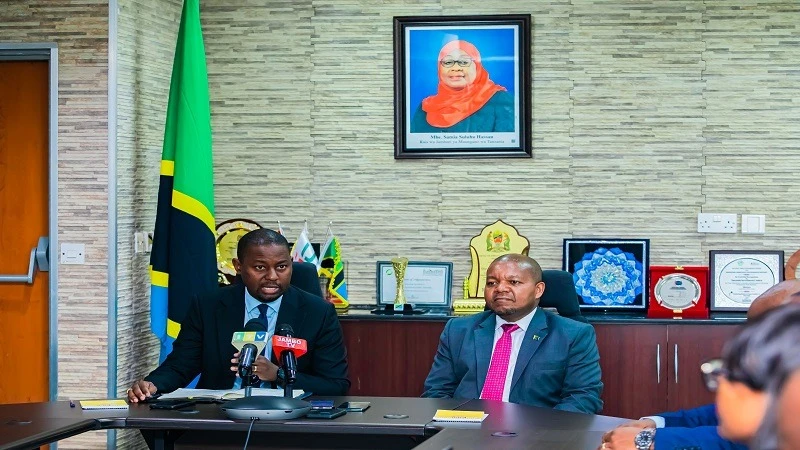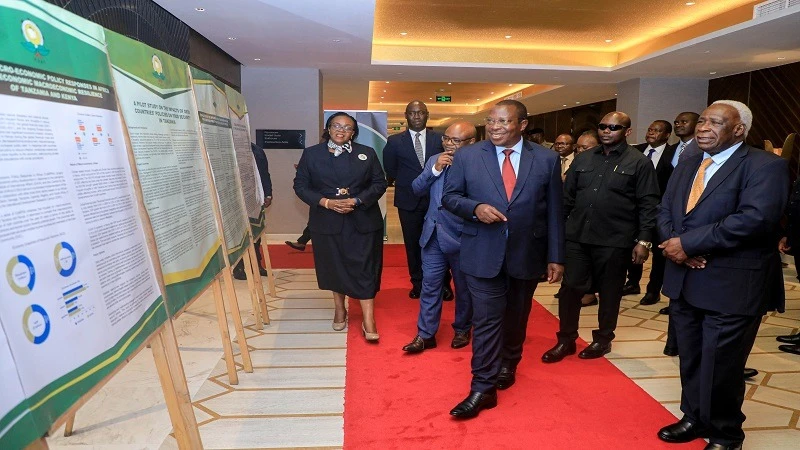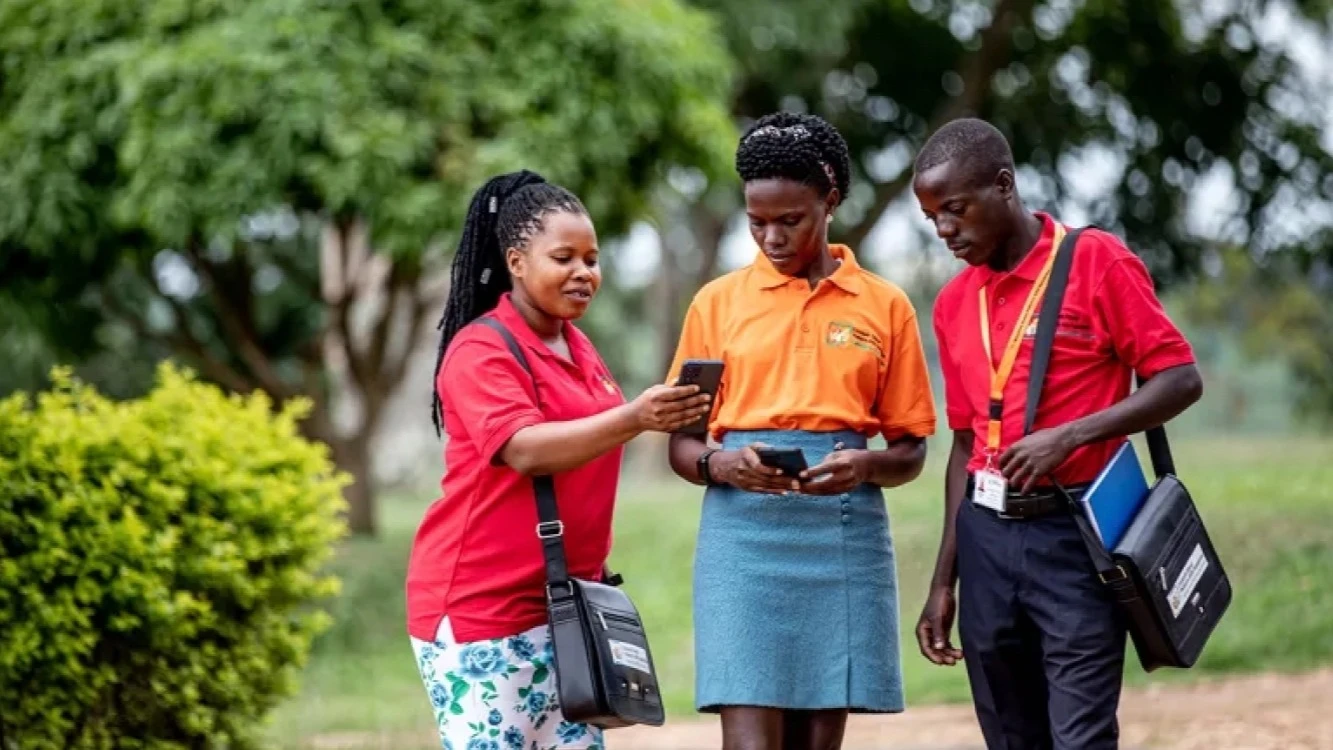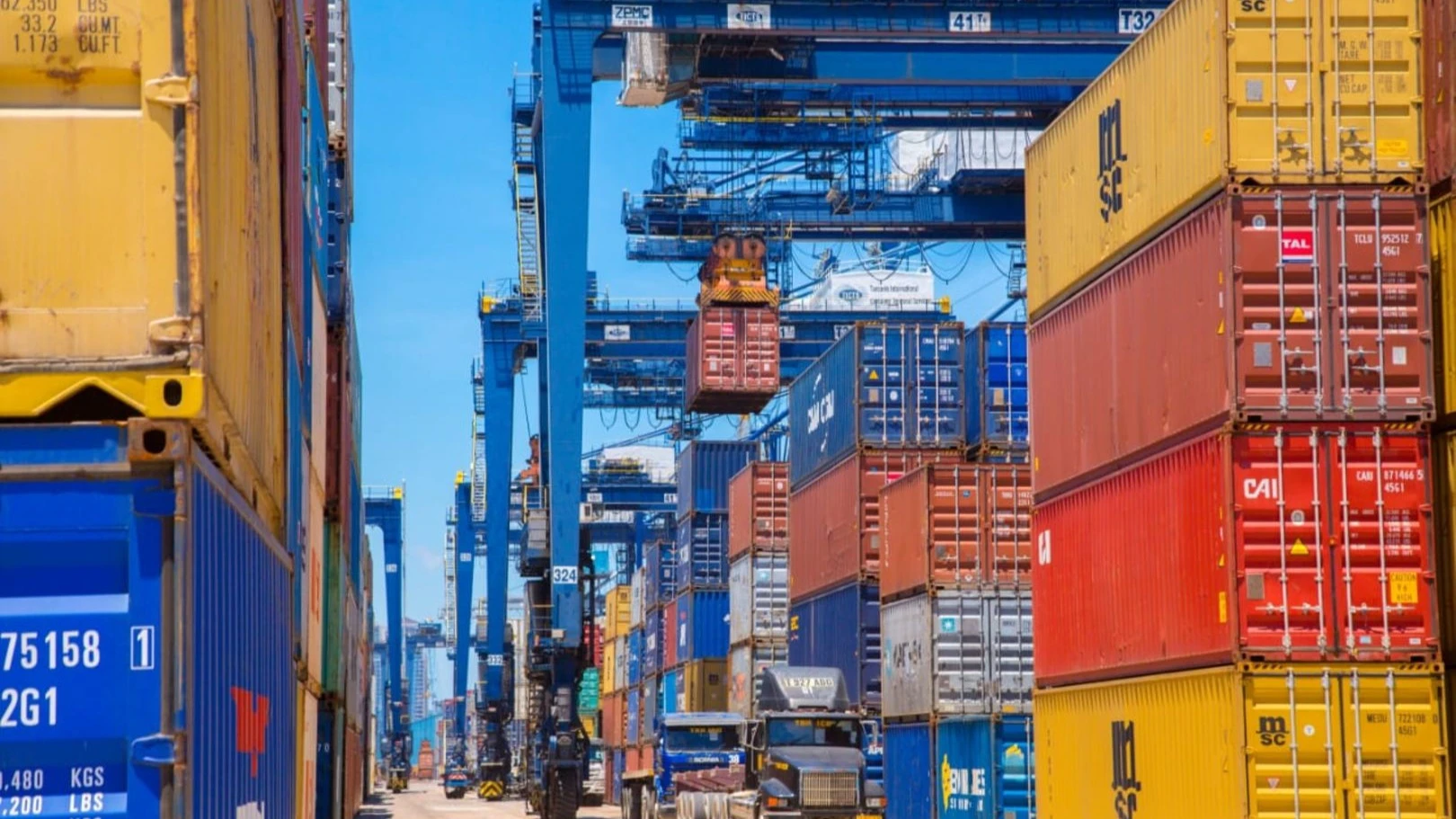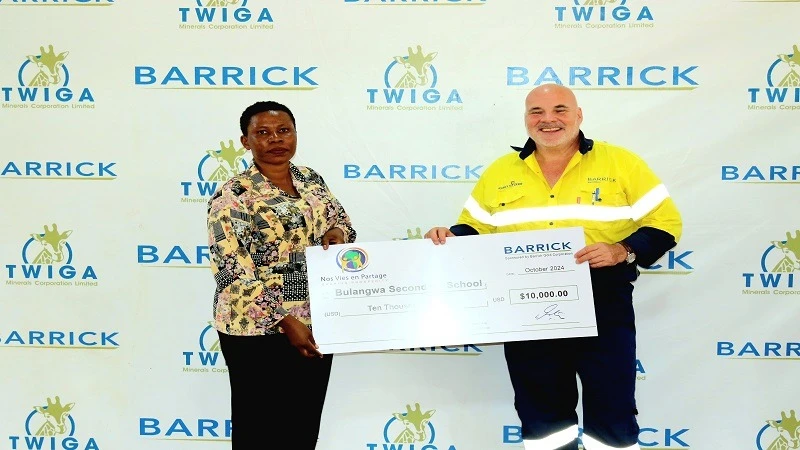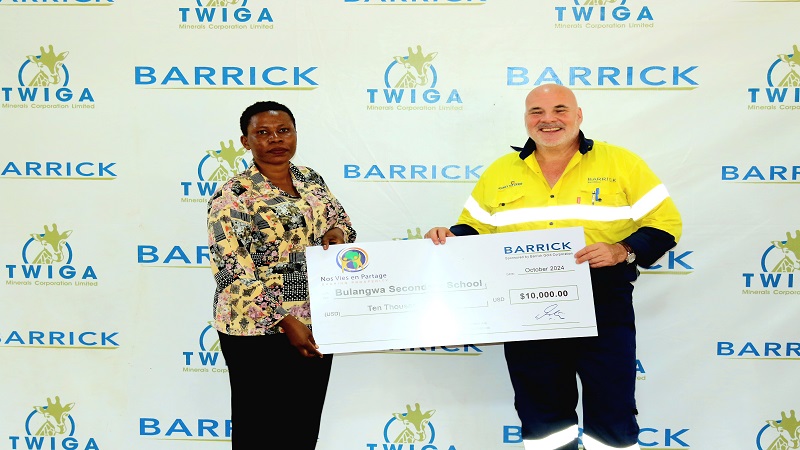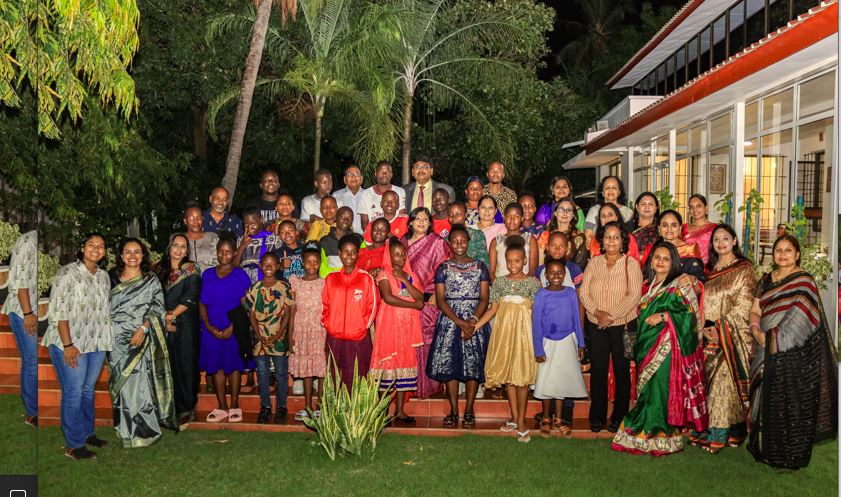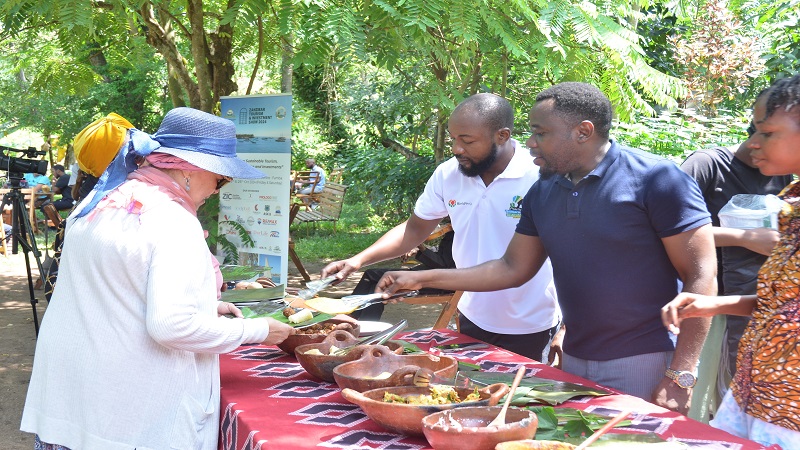DIT project recycles plastic wastes into spare parts
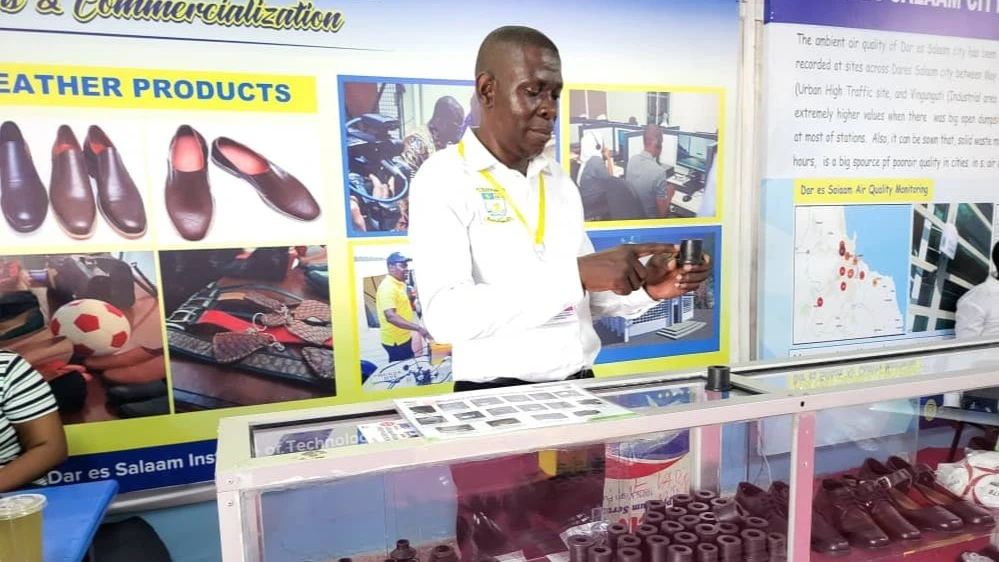
DAR ES SALAAM Institute of Technology (DIT) has come up with new plastic waste recycling project to manufacture different spare parts, which is expected to create employment for youth, reduce cost of importing spare parts from abroad to Tanzania and environmental conservation.
Abdul Lwangisa, DIT Spare Parts Factory manager made the statement over the weekend at the on-going 48th Dar es Salaam International Trade Fair (DITF) when speaking to journalists about what has been done by DIT to control plastic waste that damage environment, affect marine resources and how the community can benefit from plastic waste.
He said the Institute has been able to manufacture a wide range of spare parts for vehicles, motorcycle, Bajaj including industrial spare parts for commercial use, improve the local environment and offering continuous employment to individuals, government from socially and economically.
They have been able to manufacture Rubber boot for Bajaj, Spring bushes for Eicher bus, Toyota Hilux, Toyota Hiace, stabilizer for Toyota Harrier, Shock absorber bush for Toyota IST, corn rubber for bajaj, shock absorber for Toyota canter, Escalator/ Elevator Roller, Chicken Plucker and others for commercial use.
All spare parts have been approved by Tanzania Bureau of Standards (TBS) for commercial use.
He said DIT has decided to introduce this project after a research and identified that there is a lot of plastic waste on the street, there is a huge demand for vehicle, motorcycle, Bajaj and industrial spare parts within the country.
“We are at DITF to promote and showcase our spare parts so that Tanzanians and businesspersons can witness what DIT has been done to recycle plastic waste into a useable products that can be sold to different customers, businesspersons and later on generate income and at the same time conserve environment in our country,” he said.
Also the institute has been able to set up DIT Spare Parts factory located at DIT grounds with the capacity to produce 4500 pieces of spring bushes per day, 3500 corn rubber per day and 4000 suspension bushes pieces for motorcycle per day.
Other businesspersons and other people willing to purchase the spare parts, DIT has branches in six regions.
“Customers can access our products at Majengo area in Dodoma Region, Ngarenaro in Arusha, kwa Mpemba in Songwe, Uyole street in Mbeya, DIT Campus in Mwanza and Iringa Region, “ he said.
So far, a total of 30 youth have been able to transform their lives through DIT Spare Parts Project.
DIT will continue to provide trainings to youth within the country to enable them have required skills that in -turn will help them to become entrepreneurs, create employment for others, combating plastic pollution within their localities and control plastic waste that damage environment and affect marine resources as well as contaminate water sources.
Henry Kazula, Trainer and sustainability consultant and climate action strategist expert elaborating on the global perspective of plastic in Tanzania, he cited a 2021 WWF report titled “Plastic Pollution in Africa: Identifying Policy Gaps and Opportunities,” revealing that globally, 8.3 billion tonnes of plastic have been produced.
Out of this, approximately 6.3 billion tonnes of plastic waste have been generated, with only 9 percent recycled, 12 percent incinerated, and a staggering 79 percent ending up in landfills.
Also around 4.9 billion tonnes of plastics amounting to 60 per cent of all plastics ever produced were discarded and are now accumulating in landfills or in the natural environment.
Also a report from the International Union for Conservation of Nature (IUCN) and Quantis estimates that 319,000 tonnes of plastic waste was generated in Tanzania in 2018.
Close to 96 per cent of the plastic waste in Tanzania is mismanaged and 29,000 tonnes of plastic waste that is equivalent to nine per cent of the total plastic waste generated) has leaked into oceans, rivers and lakes in 2018.
Top Headlines
© 2024 IPPMEDIA.COM. ALL RIGHTS RESERVED











